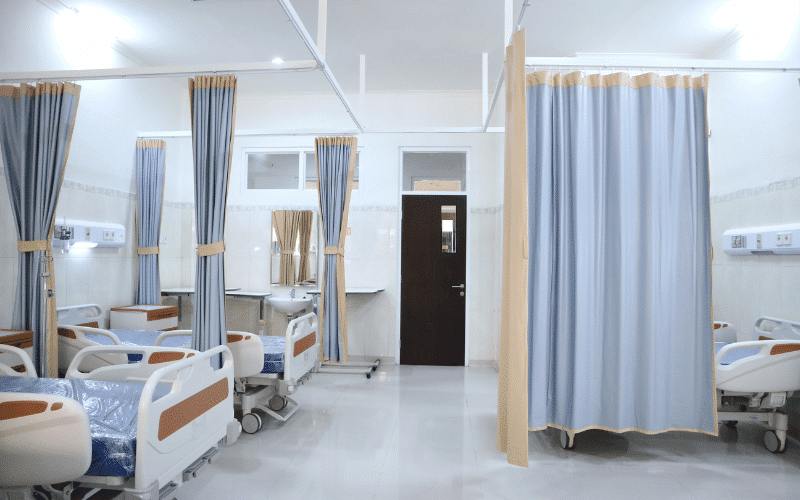Fact 13: TGA Does Not Typically Require Hospitalization

Despite the sudden and dramatic nature of transient global amnesia (TGA), it’s important to understand that hospitalization is usually not necessary. It’s an event that, although disconcerting, does not pose any immediate threat to the individual’s health.
During a TGA episode, the affected individual should be in a safe and calm environment. The reassurance of loved ones is paramount, reminding them that the condition is temporary. Meanwhile, it’s recommended to seek immediate medical consultation for an accurate diagnosis.
Most TGA cases can be diagnosed based on patient history and physical examination. While some patients may initially be hospitalized for diagnostic purposes, such as ruling out other conditions like stroke, they’re typically released as soon as TGA is confirmed.
Post-TGA life does not require an extensive hospital follow-up. Once the individual regains their normal memory function, usually within 24 hours, they can resume their regular activities. Doctors usually don’t recommend any specific treatment or changes in lifestyle after a TGA episode.
Outpatient care is typically sufficient for managing TGA. Routine follow-ups, coupled with reassurance and emotional support, are often all that is needed. In essence, transient global amnesia, while causing temporary distress, does not typically require hospitalization or long-term medical intervention. (13)